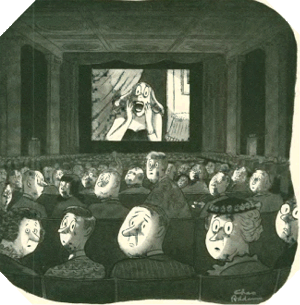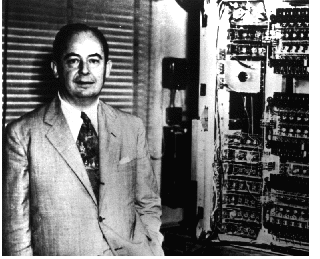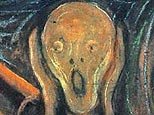
"It is an extremely original composition, full of weird effects and bizarre flights of fancy. It is like a tale by Hoffmann. It plunges you into an indefinable malaise; it torments you like a bad dream, and fills your imagination with strange and terrible images. It must be the case that nowadays this tower is inhabited by hundreds of owls and ospreys, and the surrounding ditches must be filled with snakes and toads. Maybe it served as a lair for brigands or was the fortress of some medieval tyrant. Perhaps some illustrious prisoner, some innocent and persecuted beauty, expired there in the pangs of hunger or under the executioner’s sword. You can imagine and believe everything when you hear these strident violins, croaking oboes, lamenting clarinets, groaning basses and moaning trombones. The Overture of the Tower of Nice [later to be revised and renamed Le Corsaire*] is perhaps the strangest and most peculiar composition to have been created by the imagination of a musician".
... observed by a contemporary music critic of this Hector Berlioz (1803-69) work.
*

















